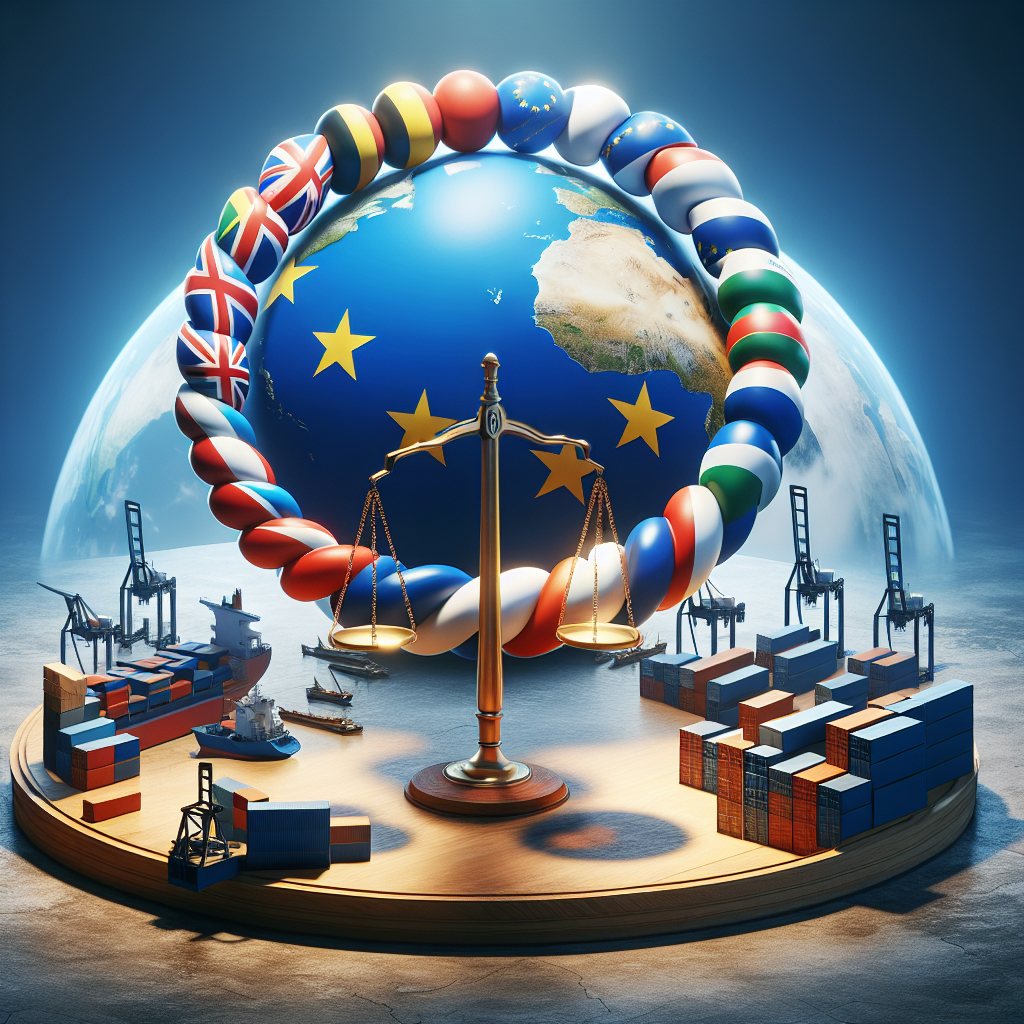EU-Mercosur Trade Deal: Balancing Benefits and Criticisms
The European Commission seeks approval for an EU-Mercosur trade deal designed to offset U.S. tariffs and reduce reliance on China. Despite benefits like market access for EU products, critics include France, Poland, and environmental groups, who are concerned about agricultural impacts and alignment with green standards.

The European Commission is urging approval for an EU trade accord with South America's Mercosur bloc, hoping to ease concerns from France, Poland, and the agricultural sector with safeguards. This agreement, finalized last December, took 25 years of negotiations between the European Union and countries like Argentina and Brazil.
Gaining approval will require a European Parliament vote and a qualified majority among EU governments, which is not guaranteed. The deal, supported by Germany and Spain, seeks to offset U.S. tariffs imposed by President Trump and reduce EU dependence on China, especially concerning critical minerals.
Controversy brews as France, a significant beef producer, labels the deal "unacceptable." Critics argue it undermines EU's green standards. Polish Prime Minister Donald Tusk highlights the need for defense mechanisms to protect sensitive agricultural markets. Despite opposition, supporters emphasize market growth opportunities for EU industries and agricultural products.
(With inputs from agencies.)
- READ MORE ON:
- EU
- Mercosur
- trade
- agreement
- France
- Poland
- agriculture
- criticism
- U.S. tariffs
- China
ALSO READ
Mizoram Advances Climate-Resilient Agriculture with Launch of FOCUS 2.0 Initiative
Political Turmoil in France Threatens Fiscal Stability
Rising Yields: France's Fiscal Challenges and European Bond Market Turbulence
Political Turmoil in France: National Rally Pushes for Snap Elections
Pawar Urges Shift from Agriculture to Industry Amidst Urban Expansion










